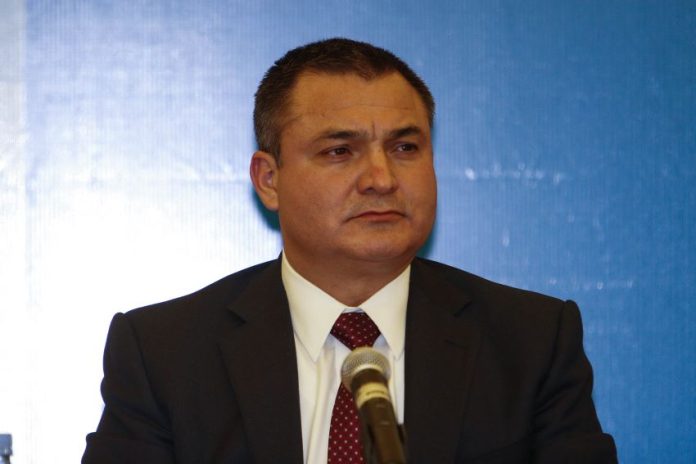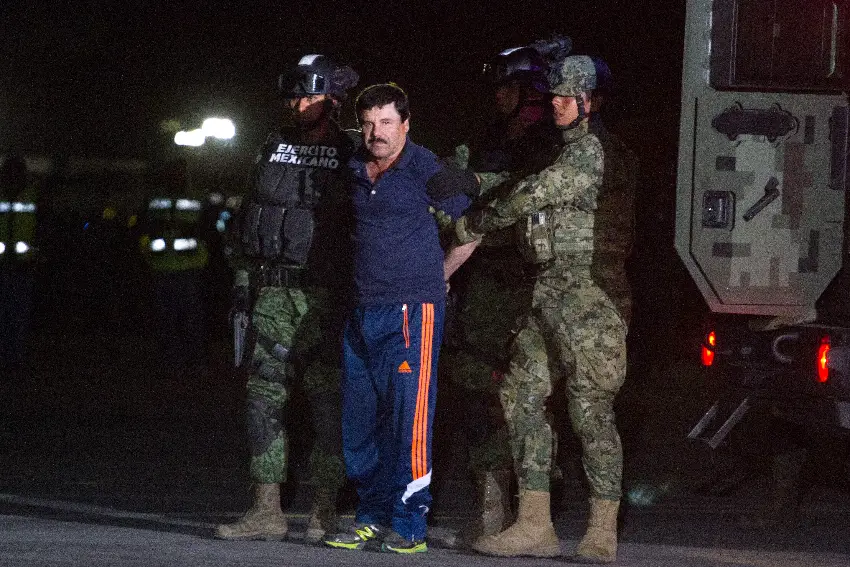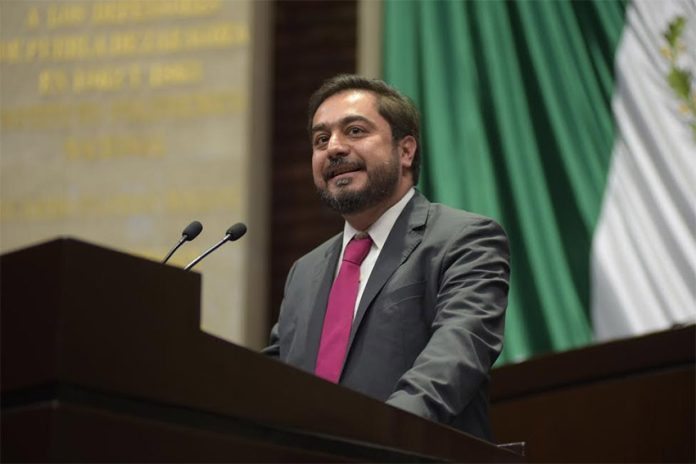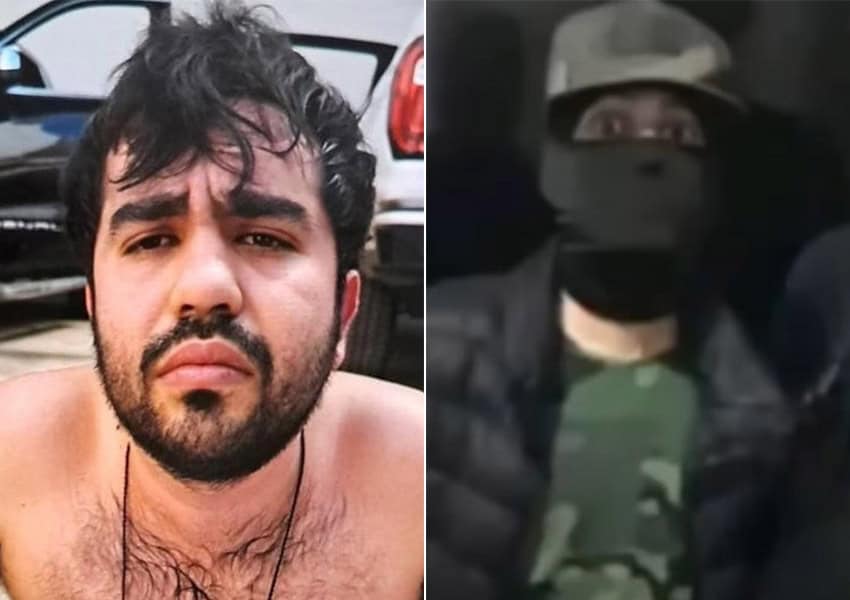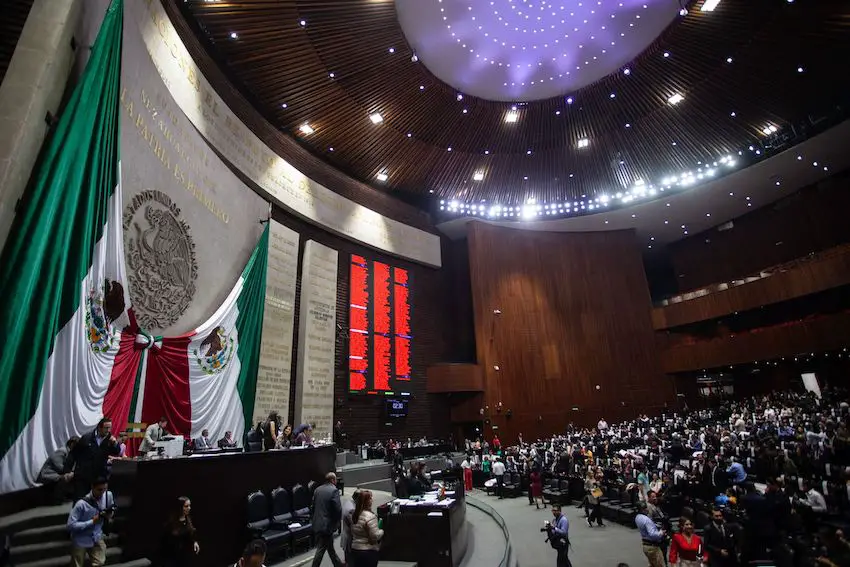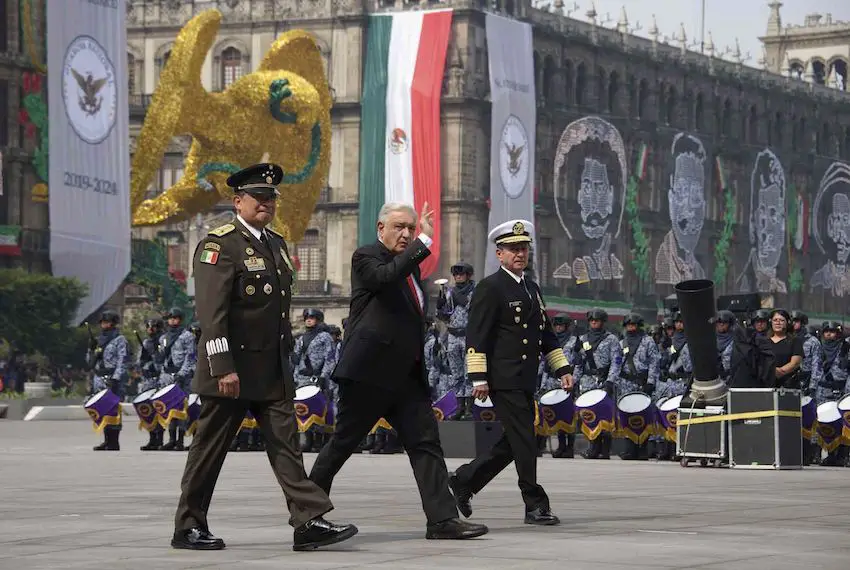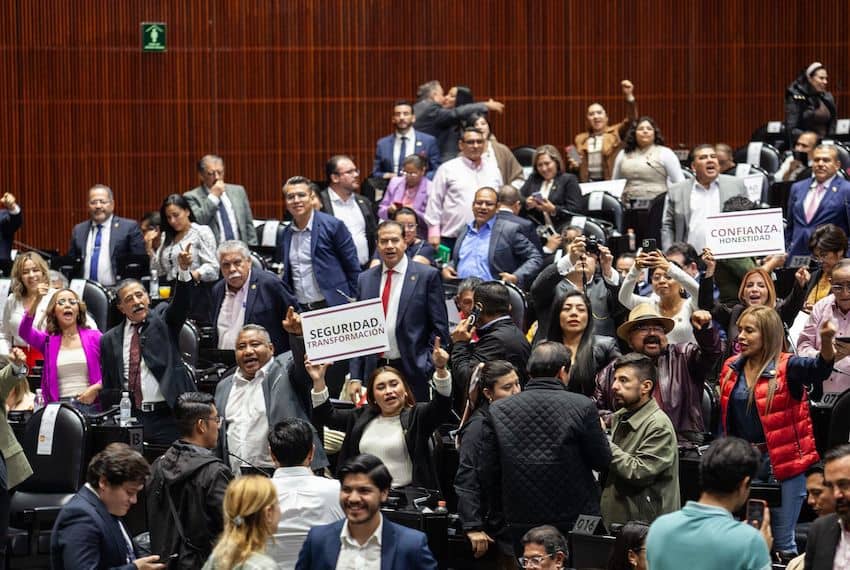The United States government is seeking a sentence of life imprisonment for Mexico’s former federal security minister Genaro García Luna, who was convicted in 2023 on charges of colluding with the Sinaloa Cartel.
In February 2023, García Luna — security minister during the 2006-12 government led by former president Felipe Calderón — was found guilty of engaging in a continuing criminal enterprise; international cocaine distribution conspiracy; cocaine distribution and possession conspiracy; cocaine importation conspiracy; and making a false statement on an application for U.S. citizenship.
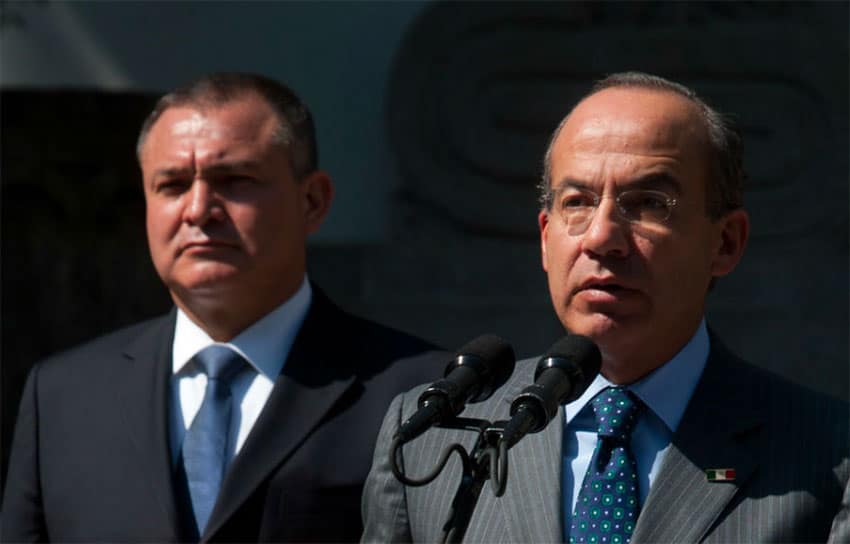
Jurors at a U.S. federal court in Brooklyn voted unanimously to convict García Luna on charges he took multimillion-dollar bribes from the Sinaloa Cartel, which was founded by Joaquín “El Chapo” Guzmán Loera, Ismael “El Mayo” Zambada García and others in the 1980s.
The former federal official, who was head of the now-defunct Federal Investigation Agency before becoming security minister, is scheduled to be sentenced on Oct. 9. He was arrested in Texas in 2019.
In a letter to United States District Judge Brian M. Cogan, the United States Attorney for the Eastern District of New York, Breon Peace, wrote that García Luna was “the chief law enforcement officer of Mexico for over a decade, responsible for overseeing the country’s federal police and anti-narcotics efforts.”
“But, as proven at trial, the defendant exploited his power and authority by accepting millions of dollars in bribes from a drug trafficking organization he swore to pursue. In exchange for millions of dollars, the defendant furthered a conspiracy responsible for the deaths of thousands of American and Mexican citizens,” he wrote.
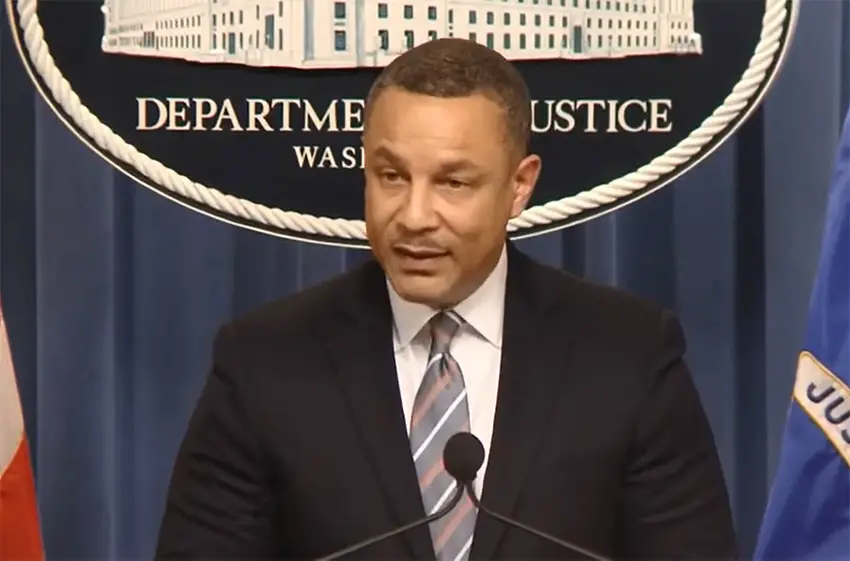
Peace said it was “difficult to overstate the magnitude of the defendant’s crimes, the deaths and addiction he facilitated, and his betrayal of the people of Mexico and the United States.”
He also said that “his crimes demand justice.”
“For these reasons, and the reasons set forth below, the government respectfully requests that the Court impose a sentence of life imprisonment,” wrote Peace.
“… A sentence of life imprisonment will … send a critically needed signal that there are serious consequences for accepting bribes from and providing assistance to the cartels,” the U.S. attorney said.

He also said that “the Court should impose a substantial fine of at least $5 million” on García Luna.
“As discussed above, the Cartel paid bribes to the defendant worth millions of dollars. The defendant also continued to have access to the wealth amassed from his corrupt time in office. As recent as last year, the defendant offered an inmate at the MDC millions of dollars in exchange for false testimony,” Peace wrote referring to a prisoner at the Metropolitan Detention Center in Brooklyn.
On page seven of the nine-page letter, the U.S. attorney said that “day after day, the defendant lied to and betrayed his fellow officials, American law enforcement, and the Mexican public.”
“The defendant lied when he said he was fighting the drug cartels, despite serving as their critical ally. The defendant lied again when he immigrated to the United States, fraudulently concealing his criminal conduct. And, undeterred by his conviction, the defendant also lied to this Court when he submitted a motion for a new trial based on a perjurious affidavit that was the product of the defendant’s corrupt scheme to obstruct justice,” Peace wrote.
AMLO: ‘I don’t wish ill upon anyone’
President Andrés Manuel López Obrador has used García Luna’s arrest, trial and eventual conviction to support his claim that Mexico was a “narco-state” during the presidency of Calderón.
For his part, García Luna accused the president of having links to drug traffickers in a letter sent to a U.S.-based journalist earlier this week.
English translation via Garcia Luna’s attorney:
“I was repeatedly offered a deal with the New York Attorney’s Office to charge me with crimes related to drug trafficking in exchange for being detained for a short time (6 months) and receive financial benefits…” pic.twitter.com/len3x4YMXn
— Keegan Hamilton (@keegan_hamilton) September 17, 2024
Despite the accusation against him — which he denied — López Obrador said Friday that he had no ill will toward the former security minister.
“I don’t like anybody to suffer,” he said at his morning press conference after he was asked about the United States government’s request for a sentence of life imprisonment for García Luna.
“I don’t wish ill upon anyone,” López Obrador said.
Mexico News Daily
